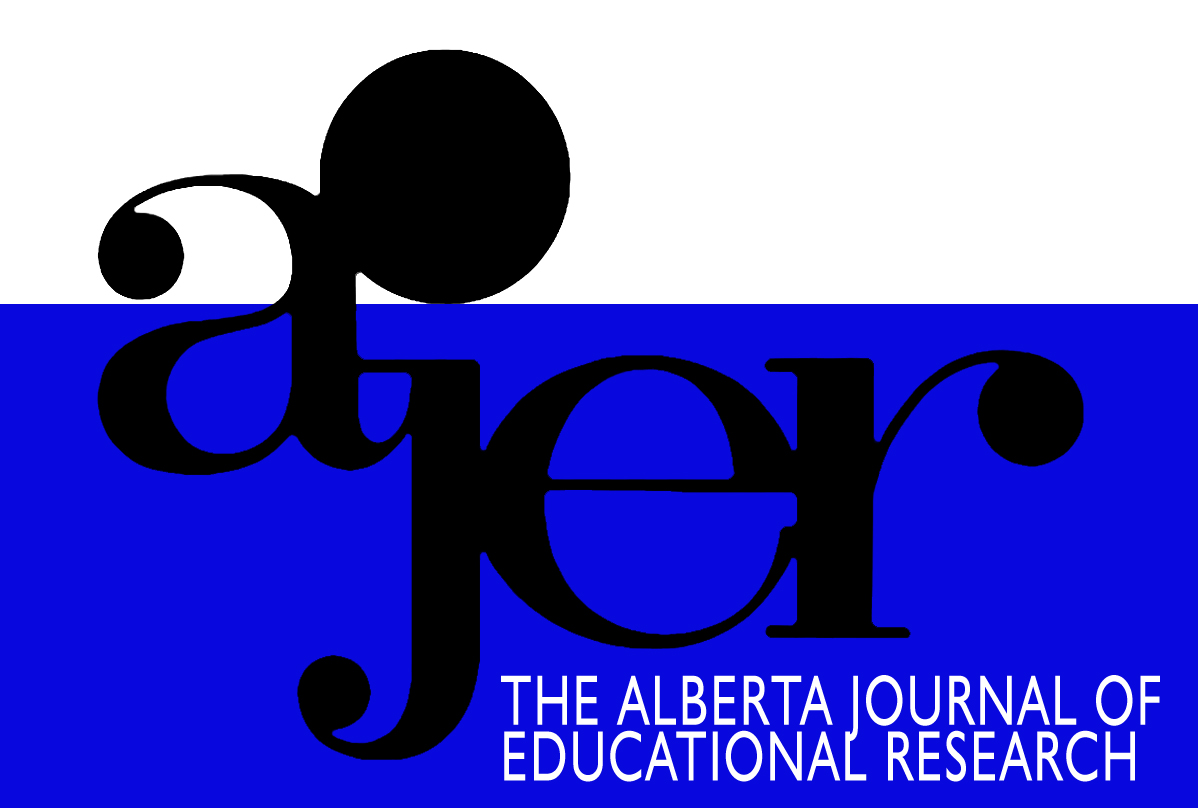Influence of Teacher Support and Personal Relevance on Academic Self-Efficacy and Enjoyment of Mathematics Lessons: A Structural Equation Modeling Approach
DOI:
https://doi.org/10.55016/ojs/ajer.v58i4.55612Keywords:
academic self-efficacy, learning environment, personal relevance, structural equation modeling, teacher support, United Arab EmiratesAbstract
The purpose of our study was to examine the effects of two psychosocial features of the classroom environment (teacher support and personal relevance) on college students’ academic self-efficacy and enjoyment of mathematics lessons. Data collected from 352 mathematics students attending three higher education institutions in the United Arab Emirates were used to validate the questionnaires and to investigate the hypothesized relationships. Structural equation modeling analysis suggests that teacher support and personal relevance are influential predictors of enjoyment of mathematics lessons and academic self-efficacy.
L’objectif de cette étude est d’examiner les effets de deux facteurs psychosociaux de la salle de classe (soutien des enseignants et pertinence personnelle) sur l’auto-efficacité académique des étudiants universitaires et du plaisir qu’ils retirent des cours de mathématiques. On a puisé dans des données recueillies chez 352 étudiants en mathématiques de trois institutions d’études supérieures aux Émirats arabes unis pour valider les questionnaires et vérifier les relations postulées. Une analyse de la modélisation par équation structurelle laisse supposer que le soutien des enseignants et la pertinence personnelle ont constitué des facteurs de prévision influents quant au plaisir que retirent les étudiants des cours de mathématiques et à leur auto-efficacité académique.
Published
Issue
Section
License
UNIVERSITY OF ALBERTA COPYRIGHT LICENSE AND PUBLICATION AGREEMENT
If accepted, authors will be asked to sign a copyright agreement with the following points:
A. Where there is any inconsistency between this Copyright License and Publication Agreement and any other document or agreement in relation to the same subject matter, the terms of this Agreement shall govern.
B. This document sets out the rights you are granting in relation to publication of your article, book review, or research note entitled (the “Article”) through inclusion in the academic journal titled Alberta Journal of Educational Research (the “Journal”) published through the Faculty of Education, representing the Governors of the University of Alberta (the “Journal Editor”).
C. There will be no payment to you for this publication and grant of rights. In consideration of the agreement to publish the Article in the Journal:
1. You are warranting that:
- the content of the Article is your original work, and its content does not contain any material infringing the copyright of others; or, where the Article is not entirely your original work, you have obtained all necessary permissions in writing to grant the rights you are giving in this agreement;
- the content of the Article does not contain any material that is defamatory of, or violates the privacy rights of, or discloses the confidential information of, any other person;
- the Article has not been published elsewhere in whole or in part, and you will not allow publication of the Article elsewhere without the consent of the Journal Editor;
- the names of all co-authors and contributors to the Article are:
2. You agree to license the copyright in the Article to the Journal Editor, on a worldwide, perpetual, royalty free basis; and to the extent required by the terms of this agreement. You shall retain the right at all times to be acknowledged as the/an author of the Article.
3. You further agree that the Journal Editor has the entitlement to deal with the Article as the Journal Editor sees fit, and including in the following manner;
- The right to print, publish, market, communicate and distribute the Article and the Journal, in this and any subsequent editions, in all media (including electronic media), in all languages, and in all territories, ing the full term of copyright, and including any form of the Article separated from the Journal, such as in a database, abstract, offprint, translation or otherwise, and to authorize third parties to do so;
- The right to register copyright of the Journal;
- The right to edit the Article, to conform to editorial policy as the Journal Editor sees fit.
4. If any co-author or contributor to the Article does not sign this agreement, the Journal Editor reserves the right to refuse to publish the Article.



